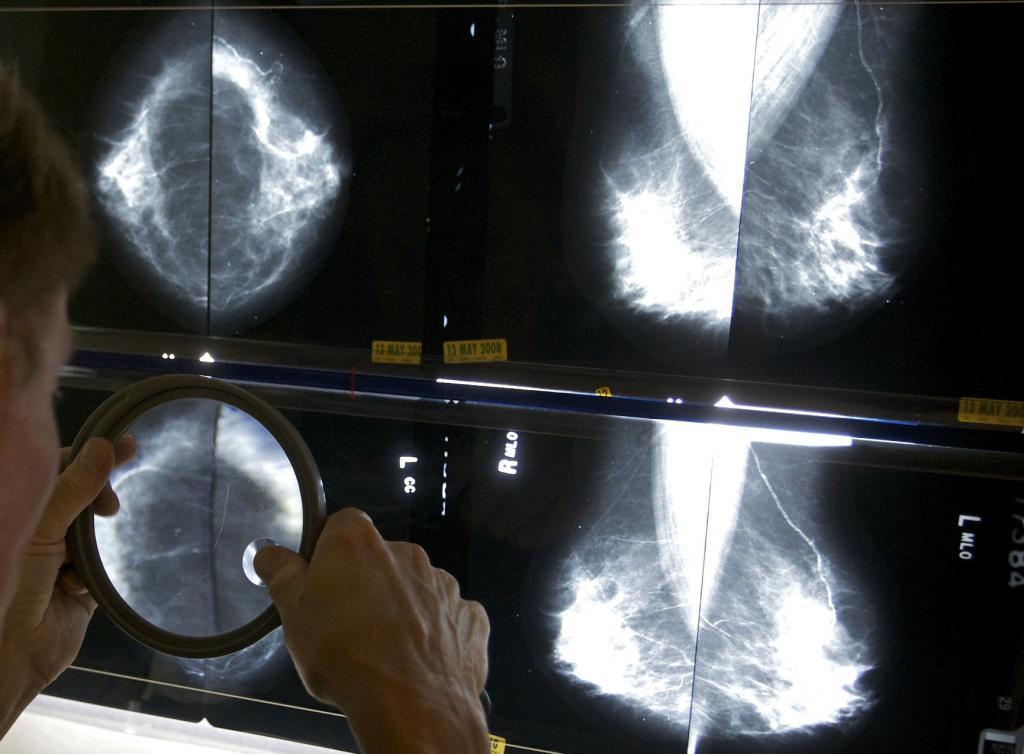Colorectal cancer is increasing in young adults. Cases of this type of tumor, usually associated with aging, are experiencing a significant rise in individuals under 50 years old in different countries, including Spain, a phenomenon whose causes are still unknown.
The influence of factors such as diet, lifestyle habits, or exposure to different environmental factors on this rise is being studied, a line of research deepened by a study led by Spanish researchers that has just been published in Nature.
According to their data, exposure during childhood to a bacterial toxin could be key in this increase in early-onset colorectal cancer.
Exposure in childhood to colibactin, a toxin produced by some strains of Escherichia coli - a common gut bacterium - is capable of altering the DNA of colon cells, imprinting them with "a very characteristic mutation pattern, a mutational signature" that is 3.3 times more common in adults diagnosed under 40 years old than in those who develop the tumor after 70, as explained by Marcos Díaz Gay, current head of the CNIO Digital Genomics Group and lead author of the study, which began during his postdoc at the University of California in San Diego (USA).
Researchers have been able to trace this distinctive pattern using machine learning and artificial intelligence techniques. Specifically, they studied 981 genomes of colorectal cancer patients from 11 countries. This computational analysis, they emphasize, is the first to show a substantial increase in mutations related to colibactin in cases of colorectal cancer in individuals under 50 years old.
According to the study's results, exposure to colibactin can cause changes in the DNA of colon cells in the early years of life, modifications that can promote the development of an early tumor, several decades earlier than usual.
"We believe that this childhood exposure is at least one of the factors contributing to this epidemic of colorectal cancer in young adults," says Díaz Gay, who, however, points out that further research is needed to "establish the causal relationship" between both phenomena.
Josep Tabernero warns: "Colon cancer is increasing in individuals under 50 years old and is more aggressive"
A chatbot to inquire about esophageal and colon cancer "made in Spain": "AI is everywhere and developing new ways to use it for the benefit of patients and doctors is necessary"
The initial goal of the research was not to focus on early-onset colon cancer, the researcher points out, but to "examine global patterns of colorectal cancer to understand why some countries have much higher rates than others." Upon further analysis, the researchers found that mutations associated with colibactin appeared much more frequently in young affected individuals.
The study also found that there are certain mutation signatures especially common in colorectal cancers from some of the countries studied, particularly Argentina, Brazil, Colombia, Russia, and Thailand.
According to Toni Gabaldón, ICREA researcher at the Institute for Research in Biomedicine of Barcelona (IRB) and the National Center for Supercomputing (BSC), the result of this research "suggests that greater exposure to these bacteria - perhaps resulting from specific dietary habits or an epidemiological increase in these bacteria - may have resulted in the acceleration of the mutagenic process that ultimately leads to the development of tumors. This could establish a mechanism of how an environmental factor, for example, greater exposure to a type of bacteria, can trigger an early onset of genetic damage in colon cells that ultimately leads to a higher probability of developing cancer," he points out.
"The study detects these patterns of colibactin exposure, even in samples where these bacteria do not seem to be present, indicating that exposure may have preceded the onset of cancer by a long time," continues the scientist, who emphasizes that the work "reminds us of the importance of the intestinal microbiome in the likelihood of developing diseases such as cancer."
"These results open the door to prevention and early diagnosis measures," emphasizes the researcher.
According to Julian Peto, Professor of Epidemiology at the London School of Hygiene & Tropical Medicine (United Kingdom), the observation that colibactin signatures are more common in young colorectal cancers is not, however, conclusive evidence "that the increased exposure to colibactin is a significant cause of the recent rise in colorectal cancer in successive generations born since the 1950s."
"An equally plausible explanation for these data is that the incidence of colorectal cancers (CRC) caused by early exposure to colibactin (like CRC caused by inherited mutations in the APC gene) increases less with age than most CRCs," he stated in comments to the Science Media Center. "Their hypothesis should be tested through similar studies with stored histological samples of CRC diagnosed in successive periods. This would demonstrate if there has been a secular increase in the proportion of CRCs with these signatures," he adds.
The study is part of the Mutographs of Cancer- Cancer Research UK Grand Challenge Project, a consortium of the University of California in San Diego, the Wellcome Sanger Institute, and the International Agency for Research on Cancer aimed at identifying mutation patterns caused by different environmental agents.
In a statement released by the University of California in San Diego, the senior author of the study, Luidmil Alexandrov, points out that the work also received some funding from the National Institutes of Health (NIH) in the United States, funds that "could be in jeopardy" due to budget cuts. "If the NIH decides to stop funding this work, it will, in my opinion, be a severe blow to cancer research not only in the United States but worldwide," he states. "Our funding has allowed us to collaborate with cancer researchers worldwide, collecting and analyzing large datasets of patient samples from various countries. It is this scale that makes discoveries like this possible."
